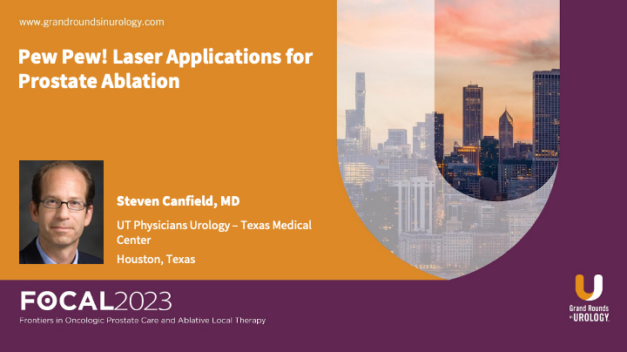AI in Healthcare: The Hype, The Reality, and The Promise
A. Karim Kader, MD, PhD, FRCSC, explores the current state and future potential of artificial intelligence (AI) in healthcare. Dr. Kader begins by analyzing AI’s role in transforming current medical practice.
Dr. Kader acknowledges AI’s benefits, including its potential to revolutionize diagnostics, treatment planning, and patient care. When acting as a “scribe,” AI can be invaluable in creating grant proposals, patient education materials, and the writing of operative notes.
Looking ahead, Dr. Kader envisions a future where AI is seamlessly integrated into routine clinical practice, augmenting the capabilities of healthcare professionals and enhancing patient care. He calls for continued investment in AI research, interdisciplinary collaboration, and the development of robust frameworks for AI implementation and governance.



